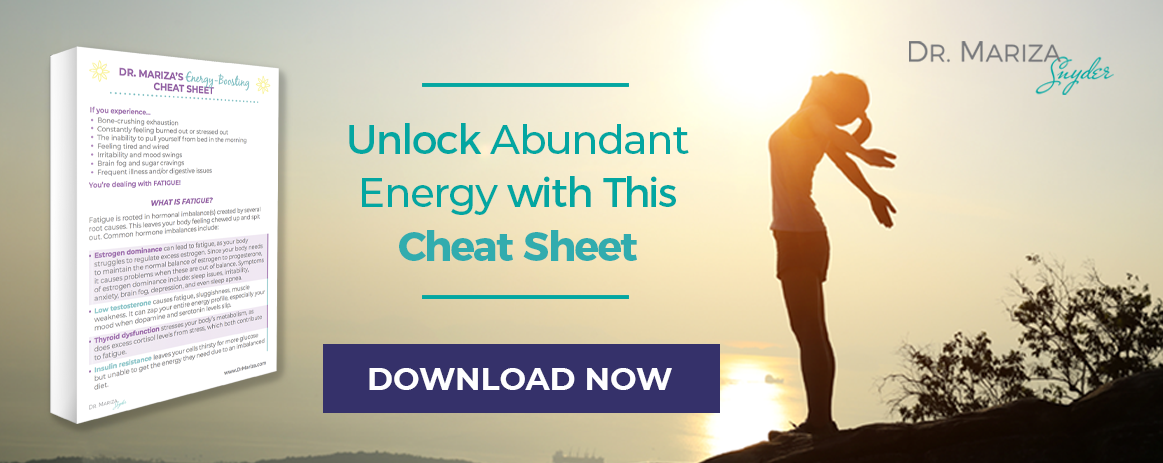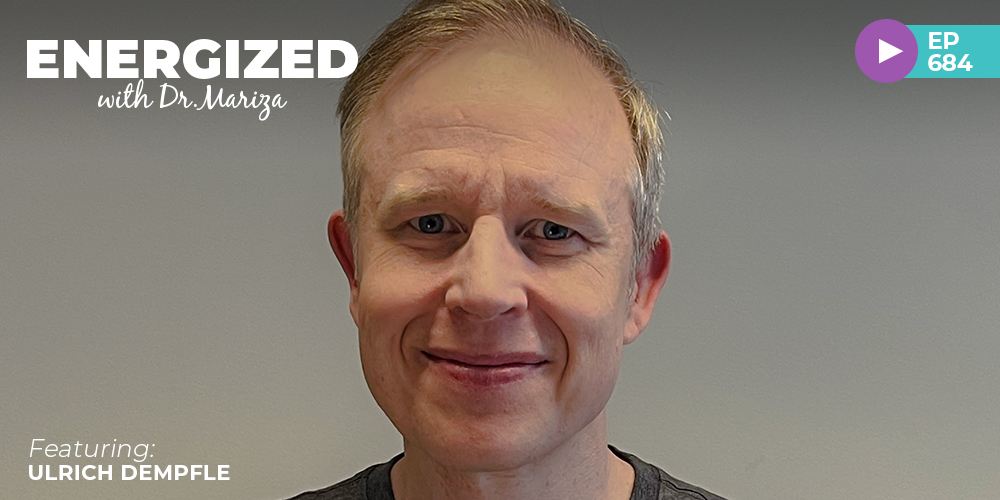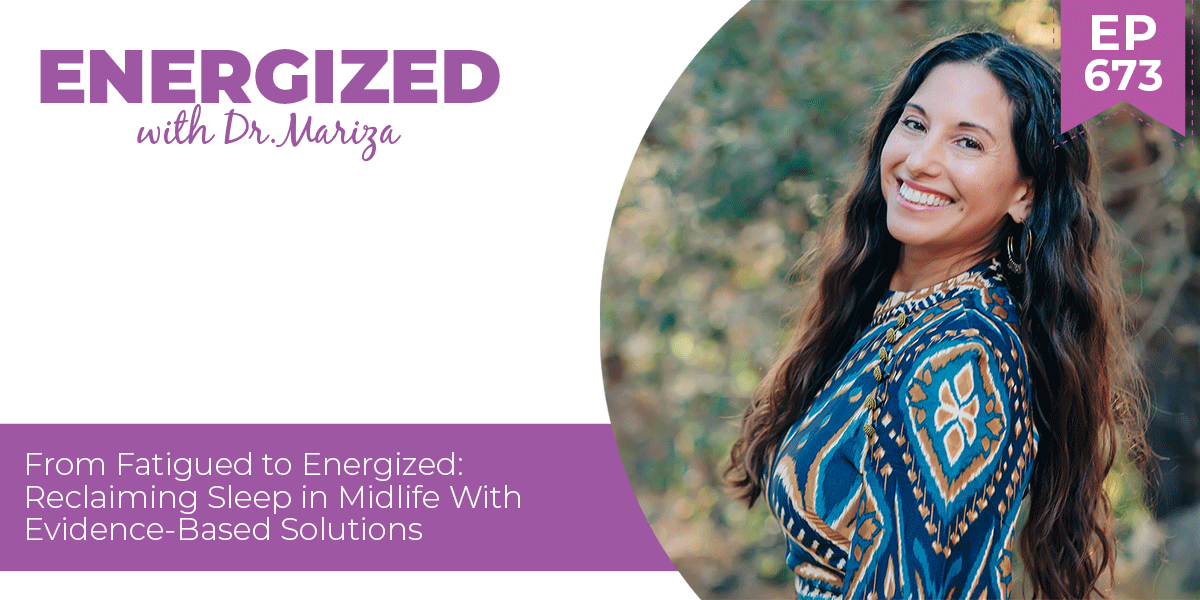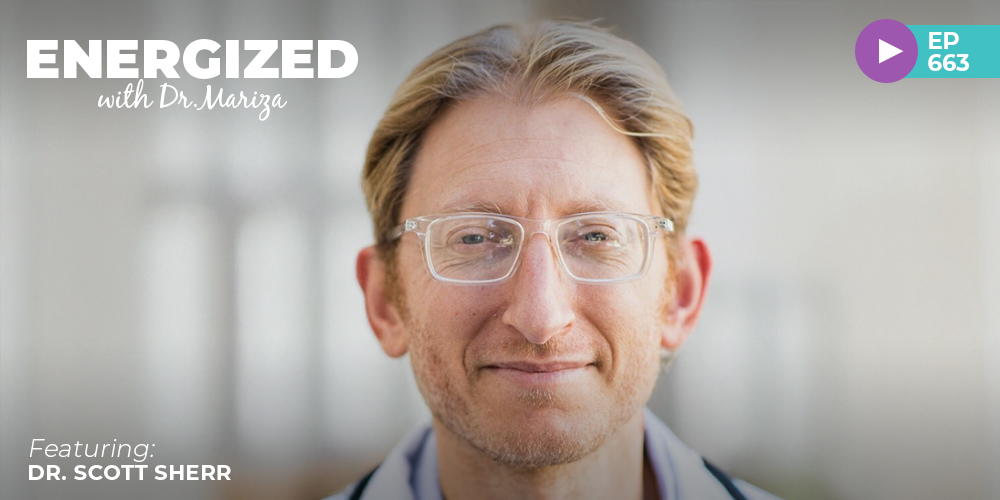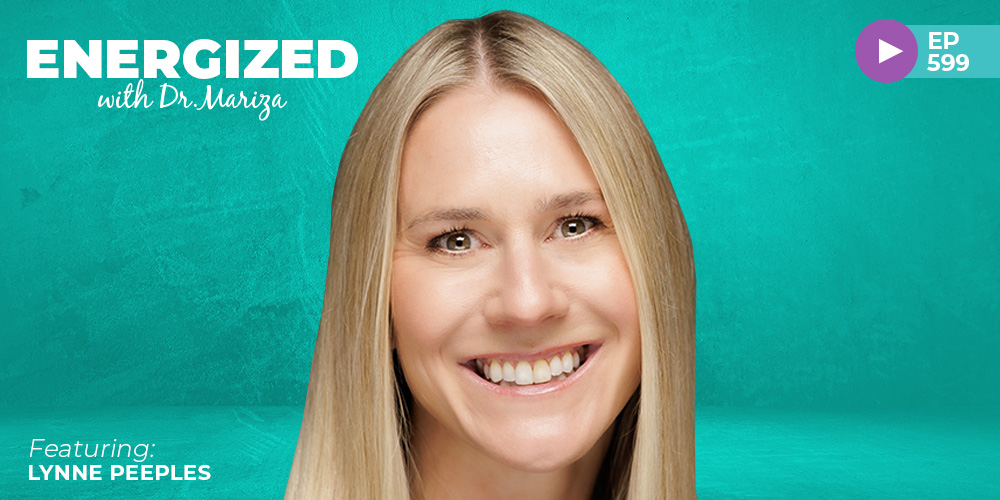Listen to the Episode Here
Or, listen on your favorite app: iTunes (Apple Podcasts) | Stitcher | Spotify | Pocketcasts
Episode Summary
“I can never get a good workout in… I don’t have the time.”
I hear it all the time, especially from busy women. But get ready to learn the best way NEVER to say that statement again!
In this episode, I sit down with Ulrich Dempfle, the CEO of CAROL, to talk about why carving out even a few minutes for exercise in midlife can be a total game-changer.
Ulrich explains that the right movement is one of the most powerful things you can do to boost health span, energy, and quality sleep.
So we dive into the science of VO₂ max and mitochondrial function (which start to decline in our 30s), and how efficient workouts can slow that process dramatically.
For busy women in midlife, heart health and metabolic health are front and center, and CAROL’s unique approach makes it possible to train smarter, not longer, for ultimate health.
Tune in here to learn all about CAROL, and discover how quick, intentional exercise can fit seamlessly into your hectic life WITHOUT sacrificing results!
Ulrich Dempfle
Ulrich Dempfle is the CEO and co-founder of CAROL Bike. He began his career as a mechanical engineer in Germany’s automotive industry, but later became a healthcare system consultant and is now a fitness tech pioneer. Ulrich’s personal fitness transformation is proof of CAROL’s power. He stresses the importance of not only improving fitness but also delaying the aging process. By significantly improving his own VO2max, CAROL Bike has helped him turn back the clock on aging and keep it there.
IN THIS EPISODE
- Positive and healthy alternatives to long cardio exercises
- Comparing the benefits of different training methods
- All about CAROL, and how it can help you get your energy back
- How 5 minutes on the CAROL bike can be transformative for you
- Physical, mental, and cognitive benefits of the CAROL bike
- The science behind short, effective, rehit workouts
- How CAROL is ideal for supporting women’s unique hormonal shifts in perimenopause and menopause
- Get the code to claim $100 OFF your CAROL bike!
QUOTES
“Unfortunately, with aging, we all lose about 10% of our VO2 max per decade. So it’s a progressive thing. It starts from around 30, and if you don’t do something about it, you will lose fitness progressively throughout your life.”
“Based on the feedback we’re receiving, [we] make it as simple as possible and take as many barriers away to actually stick to a workout and reap the benefits that are available from this ultra short, super efficient workout.”
RESOURCES MENTIONED
Get $100 off your CAROL bike HERE with code: MARIZA
RELATED EPISODES
672: Unbreakable: How to Build a Body And Life That Defies the Rules of Aging with Dr. Vonda Wright
Free Download: Easy, Practical Tips to Get More Energy!
Download the free Energy-Boosting Cheat Sheet now to learn how to unlock abundant health and energy that lasts—in only seconds every day!
